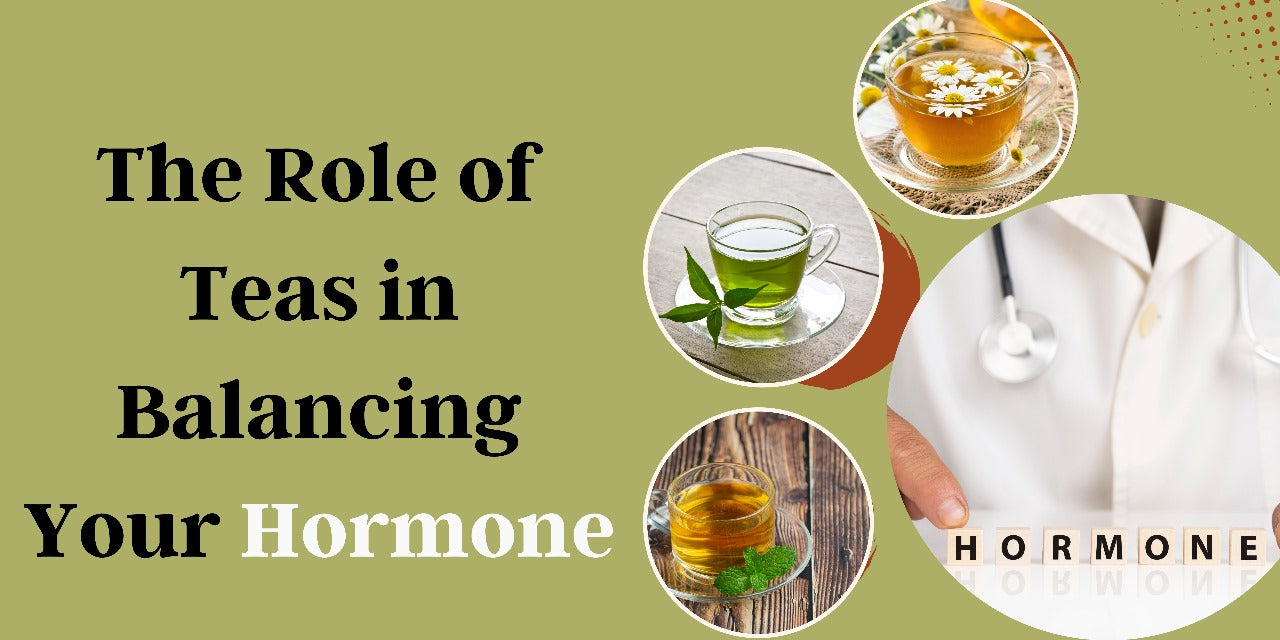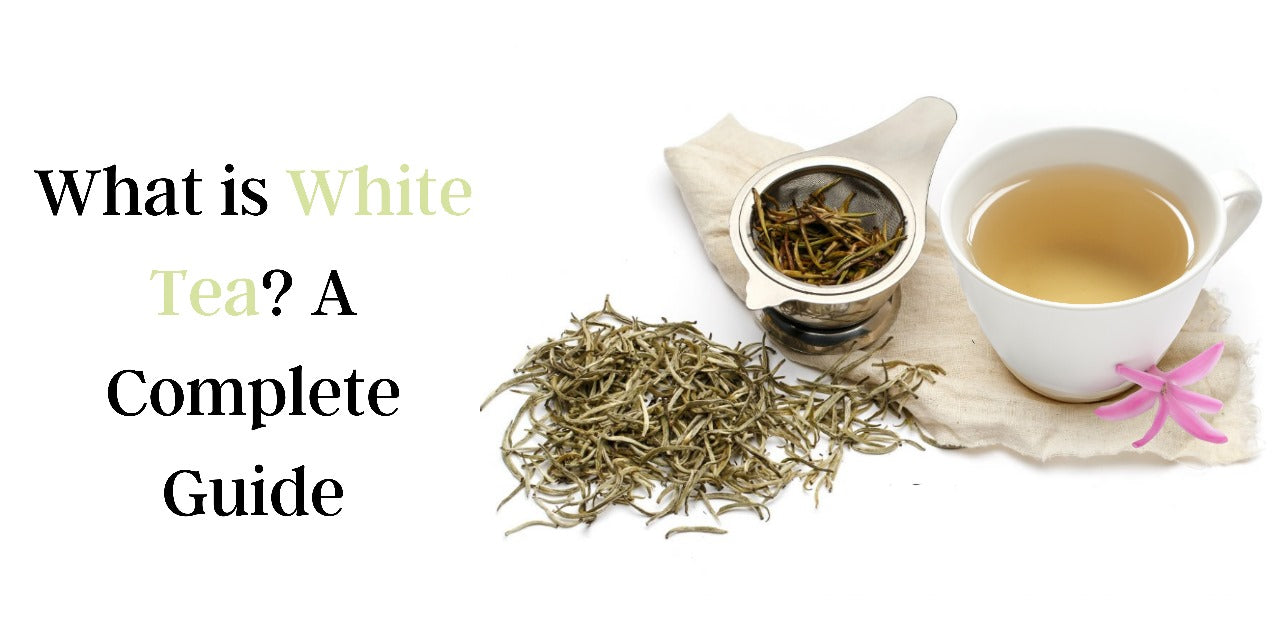For an expecting mother, prioritizing your health is of the utmost importance. One aspect to consider is your beverage choices, particularly when it comes to tea. Tea has been enjoyed for thousands of years and offers various health benefits, but not all teas are safe for pregnant women. In this comprehensive guide, we will explore the best teas for pregnancy, their benefits, and the ones to avoid. So grab a cup of tea (the right one, of course!) and let's dive in!
Understanding the Relation between Tea and Pregnancy
Before we delve into the specifics, it's essential to understand the impact of tea on pregnancy. While tea contains beneficial compounds like polyphenols, antioxidants, and nutrients, it's crucial to be mindful of caffeine intake. Caffeine can cross the placenta and affect your baby's developing liver. Therefore, it's recommended to limit caffeine consumption during pregnancy to less than 300 mg per day. Always consult with your healthcare provider to determine the appropriate caffeine intake for you.
Caffeinated Teas to Approach with Caution
Teas made from the Camellia sinensis plant, such as black tea, green tea, and oolong tea, contain caffeine. While these teas are generally safe in moderation, it's important to be aware of their caffeine content. On average, matcha tea contains 60-80 mg of caffeine per cup, black tea contains 47-53 mg, and green tea contains 29-49 mg. If you choose to consume these teas, do so in moderation and be mindful of your overall caffeine intake.
Herbal Teas: The Pregnancy-Safe Choice
Many pregnant women prefer herbal teas, also known as tisanes, due to their caffeine-free nature and potential health benefits. Herbal teas are made from various plants, flowers, and herbs, providing a wide range of flavors and potential therapeutic properties. Let's explore some of the best herbal teas for pregnancy:
1. Ginger Tea: Soothe Nausea and Morning Sickness
Ginger tea has long been used to alleviate nausea and morning sickness. It's considered safe to consume during pregnancy and can provide relief from these discomforts. The active compounds in ginger have anti-inflammatory properties that can help calm the digestive system. Sipping on a warm cup of ginger tea can be a comforting remedy for expectant mothers experiencing morning sickness.
2. Peppermint Tea: Relieve Digestive Issues
Another popular choice among pregnant women is peppermint tea. This refreshing herbal tea has been shown to relieve gas, stomach cramps, nausea, and heartburn. The menthol present in peppermint can help relax the muscles of the gastrointestinal tract, easing digestion and alleviating discomfort. Enjoy a cup of peppermint tea after meals to support healthy digestion during pregnancy.
3. Chamomile Tea: Soothe and Relax
Chamomile tea is well-known for its calming effects and is often used as a natural remedy for anxiety and insomnia. However, it's important to exercise caution with chamomile tea during pregnancy, especially in large amounts. While small amounts are generally considered safe, excessive consumption of chamomile tea has been linked to an increased risk of miscarriage. It's advisable to consult with your healthcare provider before consuming chamomile tea during pregnancy.
Teas to Avoid During Pregnancy
While many herbal teas are safe for pregnant women, it's crucial to be aware of teas that may pose risks. Some teas have been associated with an increased risk of miscarriage, preterm labor, or other complications. It's essential to read the ingredient lists carefully and consult with your healthcare provider when in doubt. Here are some teas you should avoid during pregnancy:
1. Fennel Tea
Fennel tea contains compounds that may stimulate uterine contractions and potentially lead to preterm labor. It's best to avoid fennel tea during pregnancy to ensure the safety of both you and your baby.
2. Fenugreek Tea
Fenugreek tea is known for its potential to stimulate uterine contractions and should be avoided during pregnancy. It's often recommended to avoid fenugreek in any form, including teas, to minimize the risk of complications.
3. Sage Tea
Sage tea is not recommended during pregnancy due to its potential to stimulate the uterus and cause contractions. It's advisable to avoid sage tea to ensure a healthy pregnancy.
4. Other Teas to Avoid
Some other teas that should be avoided during pregnancy include vervain, borage, pennyroyal, thyme, motherwort, lovage, blue cohosh, black cohosh, and chamomile (in large amounts). These teas have been associated with potential risks and complications during pregnancy.
Moderation is Key
While herbal teas are generally safe for pregnant women, it's important to exercise moderation. Even though they are considered natural remedies, excessive consumption of certain herbal teas can have adverse effects. For example, consuming large amounts of peppermint tea may stimulate menstruation, and excessive chamomile tea intake has been linked to an increased risk of miscarriage. It's always best to consult with your healthcare provider and follow their guidance regarding tea consumption during pregnancy.
Tips for Safe Tea Consumption During Pregnancy
To ensure the safety of both you and your baby, here are some additional tips for consuming tea during pregnancy:
- Consult with your healthcare provider: Before incorporating any new teas into your pregnancy routine, it's crucial to consult with your healthcare provider to ensure they are suitable for your specific situation.
- Read the ingredient labels: Carefully read the ingredient labels of any herbal teas you wish to consume during pregnancy. Look out for any herbs or ingredients that may pose risks.
- Limit caffeine intake: If you choose to consume caffeinated teas, such as black or green tea, be mindful of your overall caffeine intake. It's recommended to limit caffeine to less than 300 mg per day during pregnancy.
- Opt for organic teas: Choosing organic teas can reduce your exposure to pesticides and other potentially harmful substances.
- Brew tea properly: Follow the recommended brewing instructions for each tea to ensure proper extraction of beneficial compounds and minimize any potential risks.
Keep in mind that each pregnancy is unique, and what suits one person may not suit another. It's essential to listen to your body and consult with your healthcare provider to make informed decisions regarding tea consumption during pregnancy.
In conclusion
Enjoying a cup of tea can be a soothing and enjoyable experience during pregnancy. With the right choices, you can reap the potential benefits of herbal teas while ensuring the safety of both you and your baby. So go ahead, explore the wonderful world of pregnancy-safe teas, and savor the flavors and comfort they provide.




